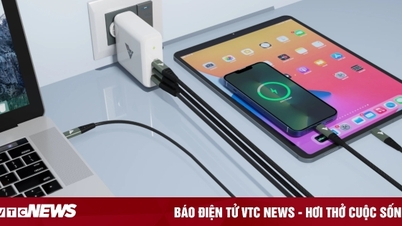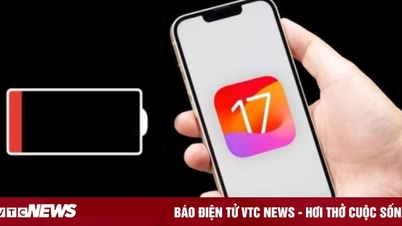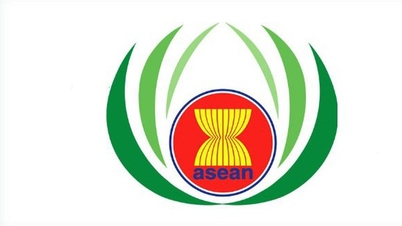UK prepares to introduce mandatory digital identity cards
The UK government has announced plans to introduce a mandatory digital identification system called the “Brit Card” for all residents from 2029. The system will operate via an app, simplifying access to public services and strengthening immigration controls. However, more than 2.5 million people have signed a petition against it, fearing it is a step towards mass surveillance.
Meanwhile, many European countries such as Estonia, Denmark and Spain have long adopted digital IDs, but most are not mandatory. The EU is also pushing for a bloc-wide digital ID wallet by 2026.

Digital identity technology is changing the way European citizens access public services from healthcare to education and banking. (Source: Canva)
China pushes ahead with AI applications in drug development and gene therapy
China is emerging as a global hub for pharmaceutical innovation thanks to the application of artificial intelligence (AI). Companies such as Insilico Medicine and METiS TechBio have made great strides, from AI-powered drug discovery to designing nanoparticles to deliver gene therapy to specific organs.
Insilico has advanced more than 20 preclinical candidates, including the first AI-designed drug to demonstrate efficacy in phase 2a. Meanwhile, METiS has developed the Nano-Forge platform to deliver RNA into the liver, lungs, and heart, opening up new avenues for treating genetic diseases.
The combination of AI and life sciences in China is creating a strong innovation ecosystem, attracting international cooperation and promoting global medical progress, experts say.
AOL officially shuts down dial-up internet service after decades
On September 30, AOL officially stopped providing dial-up internet service – marking the end of a technology era that had been associated with millions of users. Once an icon of the early internet era with its distinctive connection sound and slogan “You’ve got mail,” AOL brought many American families online for the first time in the 1990s and 2000s.
Although dial-up has become obsolete in the face of broadband and wireless, more than 160,000 US households will still use the service as of 2023. AOL's shutdown of dial-up follows a string of other old tech icons like Internet Explorer, Skype, and AOL Instant Messenger.

AOL logo in an office in Germany. (Source: AP)
Source: https://vtcnews.vn/cong-nghe-2-10-tranh-cai-khi-anh-ap-dung-the-dinh-danh-so-bat-buoc-ar968735.html































































































Comment (0)